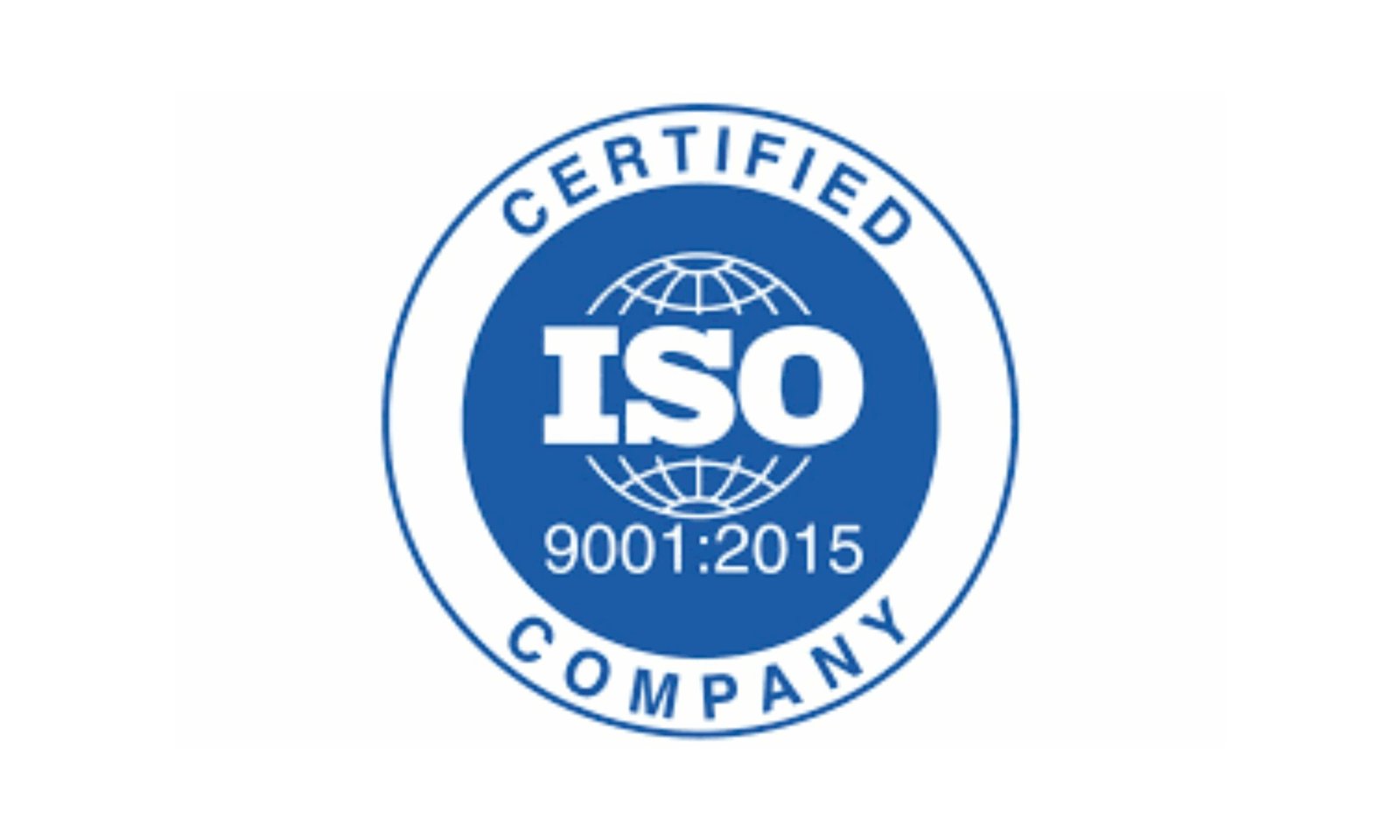Introduction
English fluency is a critical skill in the professional world, especially when it comes to Business English vocabulary and phrases. Whether you’re a beginner or looking to polish your skills, this guide offers practical tips to improve your English fluency, focusing on Business English for beginners and key Business English phrases.
The Role of Business English Vocabulary in Fluency
Why Vocabulary is Crucial
Fluency isn’t just about speaking quickly; it’s about expressing yourself clearly. A strong Business English vocabulary allows you to articulate complex ideas and engage in meaningful conversations, enhancing your professional image.
Expanding Your Vocabulary
- Read Widely: Reading business articles, journals, and reports can introduce you to new terms.
- Use a Thesaurus: This can help you find synonyms for common words, diversifying your vocabulary.
Business English for Beginners: Building a Strong Foundation
Start with the Basics
If you’re new to Business English, start with basic phrases and vocabulary. Business English for beginners should focus on common terms used in emails, meetings, and networking events.
Practice Makes Perfect
- Role-Playing: Engage in role-playing exercises that mimic business situations.
- Language Exchange: Pair up with a fluent English speaker to practice conversations.
Must-Know Business English Phrases
For Effective Communication
- “Let’s get the ball rolling”: To start a project or initiative.
- “Back to the drawing board”: To start over on a project after a setback.
For Networking
- “It’s a pleasure to meet you”: A polite phrase used when meeting someone for the first time.
- “Let’s touch base soon”: To schedule a future meeting to discuss updates or progress.
Expert Tips on Achieving Fluency
According to language experts, fluency in Business English is achievable through consistent practice and real-world application. Dr. Emily Johnson, a language expert, suggests, “The key to fluency is not just knowing Business English vocabulary and phrases but knowing how to use them effectively in context.”
Human-Centric Tips for Fluency
While mastering the technical aspects of Business English is essential, effective communication is about connecting with people. Here are some tips:
- Be Clear and Concise: Avoid using jargon when it’s not necessary.
- Be Mindful of Your Audience: Tailor your language to suit the people you’re communicating with.
Real-World Applications
Case Study: An IT Professional
Mark, an IT professional, improved his fluency by focusing on Business English phrases commonly used in his industry. This made him more effective in meetings and presentations.
Case Study: A Marketing Executive
Sophia, a marketing executive, took an online course focused on Business English vocabulary. This helped her write more compelling pitches and marketing materials.
Conclusion
Improving your English fluency is an ongoing process that requires consistent effort and practice. Focusing on Business English vocabulary and phrases can give you the edge in professional settings. Whether you’re looking at Business English for beginners or aiming to refine your existing skills, these tips can serve as a roadmap for achieving fluency and advancing in your career.




Recent Comments